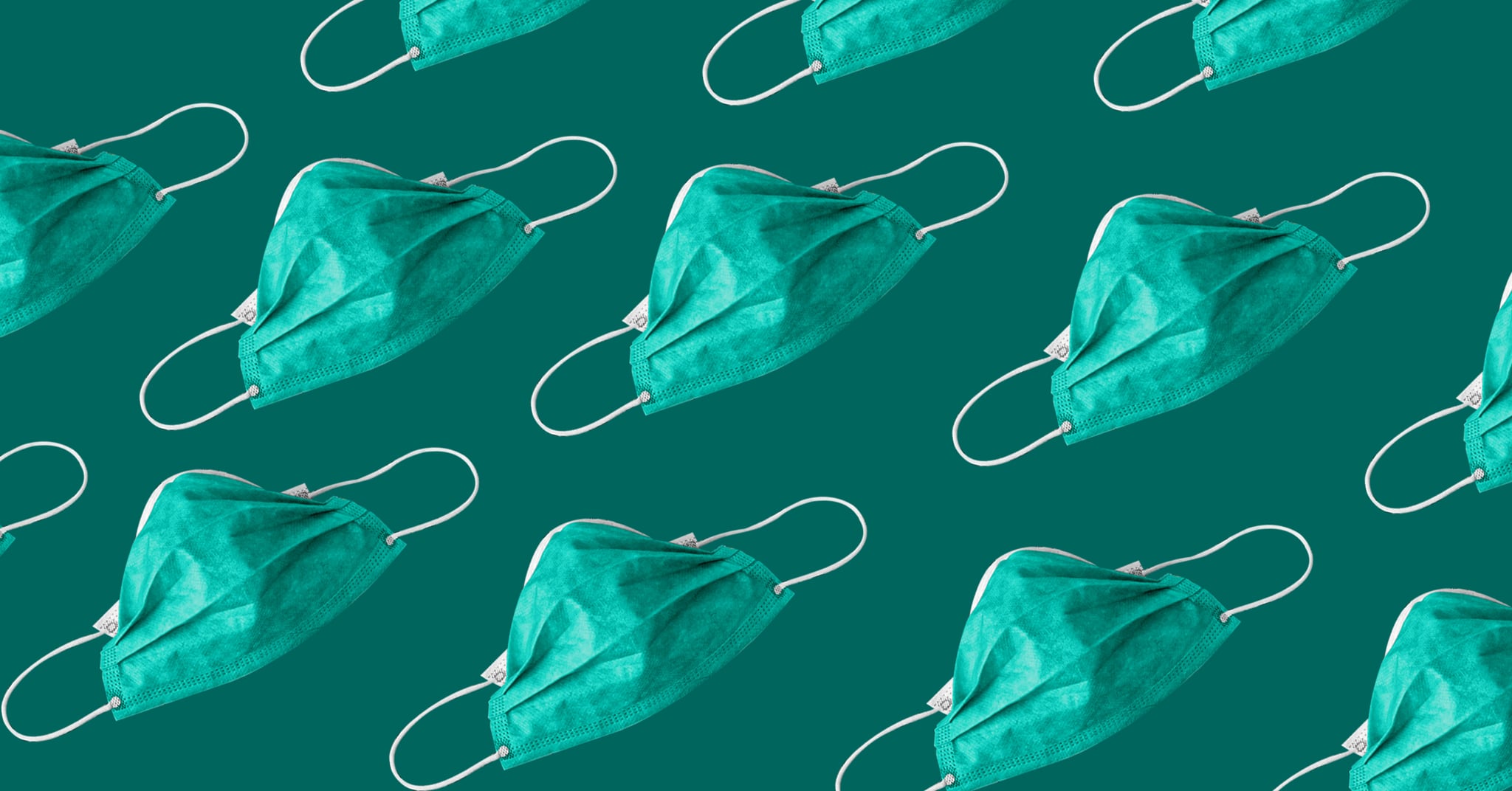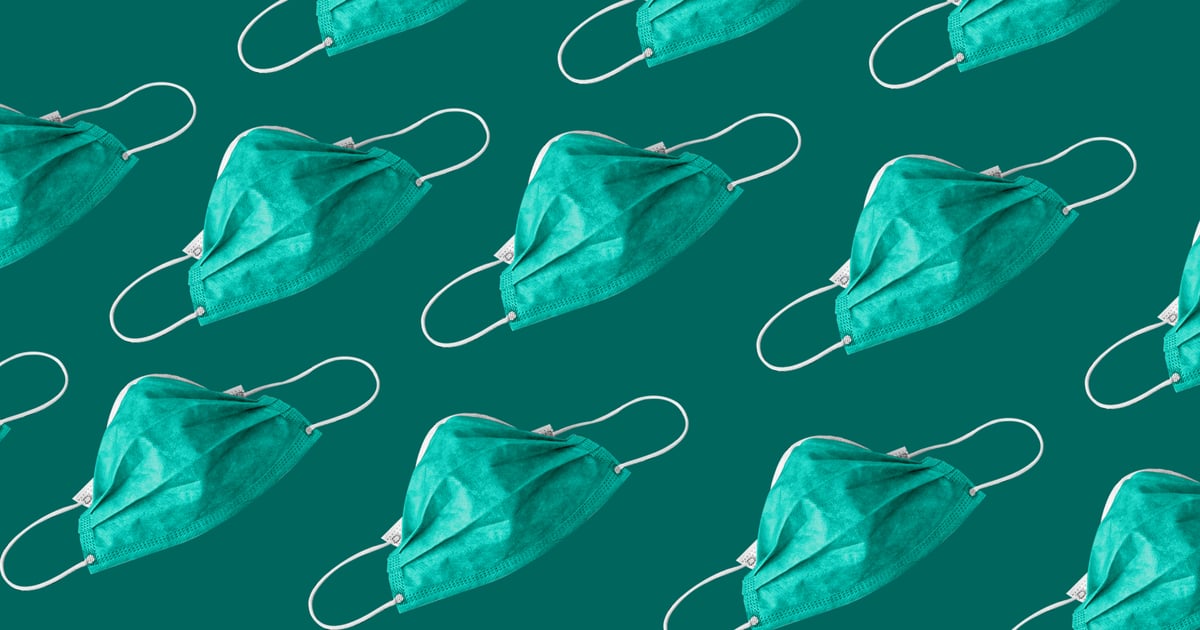
Image Source: Flickr / Prachatai
A new report published in the BMJ is facing backlash after asserting the negative mental health effects of the COVID pandemic were “minimal to small.” The report — which analyzed 137 studies on mental health and COVID — reviewed existing evidence on how the pandemic impacted general mental health, anxiety, and depression.
Researchers found that, among general populations, there were no changes in general mental health or anxiety, but that “depression symptoms worsened minimally.” For women, however, the report pointed to all three categories as having “worsened by minimal to small amounts.” Basically? Humans are resilient, and everyone is fine.
Researchers did note, however, that the findings carry a “high risk of bias” as many studies reviewed had “substantial heterogeneity” — meaning a lack of diversity in the people and areas represented in these 137 studies. The majority of the data came from high- and upper-middle-income countries and from adults. Children and teens were mostly excluded from the report, despite growing evidence that the long bouts of social isolation were particularly harmful to mental health.
I got divorced on Zoom https://t.co/VwTyH50PVk
— Josh (@joshnorthsouth) March 12, 2023
People are already pushing back against the report’s findings. One Twitter user retweeted the BMJ study with the caption, “I got divorced on Zoom.” While another user added, “girl i gave a pair of broken jewelry pliers an earnest christian funeral.” While darkly comedic, these stories show how really not OK people were and the difficult — often a little unhinged — ways people coped during the height of the pandemic.
girl i gave a pair of broken jewellery pliers an earnest christian funeral https://t.co/f5OZfih5zt pic.twitter.com/QkPpZTiPE4
— xenia’s apology 4 being annoying itll happen again (@soupsizedocean) March 10, 2023
Meanwhile, data that looks at COVID through a more nuanced lens paints a very different picture. Mayo Clinic found a significant rise in depression, anxiety, suicidal ideation, substance abuse, and eating disorders in young people during the pandemic. Meanwhile, Kaiser Family Foundation reports that LGBTQ+ people’s mental health was impacted “both more widely and more severely than their non-LGBT peers,” with changes to sleep, appetite, and temper. These numbers don’t even begin to encapsulate how grief — and the loss of a loved one from COVID-19 — impacts mental health. Black Americans, for example, died from COVID at almost 2.5 times the rate of their white counterparts, and for Asian and Pacific Islander people, the trauma of COVID was compounded by racist verbal and physical assaults, Mental Health America says.
Although the researchers directly name the bias present in their report, the lack of data on the pandemic’s true impact on people (not just the privileged) points to a wider problem with research and the way mental health is discussed, and often dismissed. Simply put? There’s not enough emphasis on what happens to already-vulnerable communities when traumatic events happen on any scale, let alone the global stage. The message this report could send — that everyone is fine and no one’s mental was impacted by COVID — is out of touch at best and dangerous at worst.
